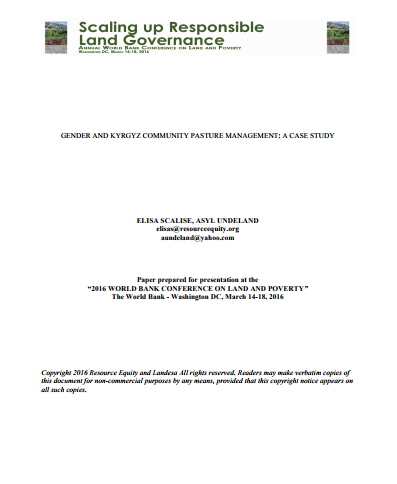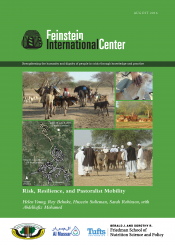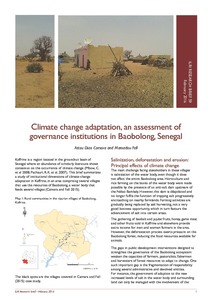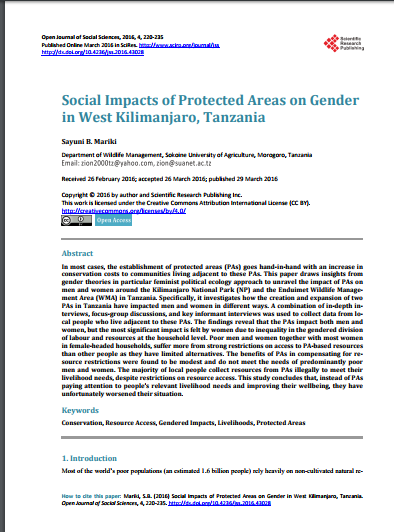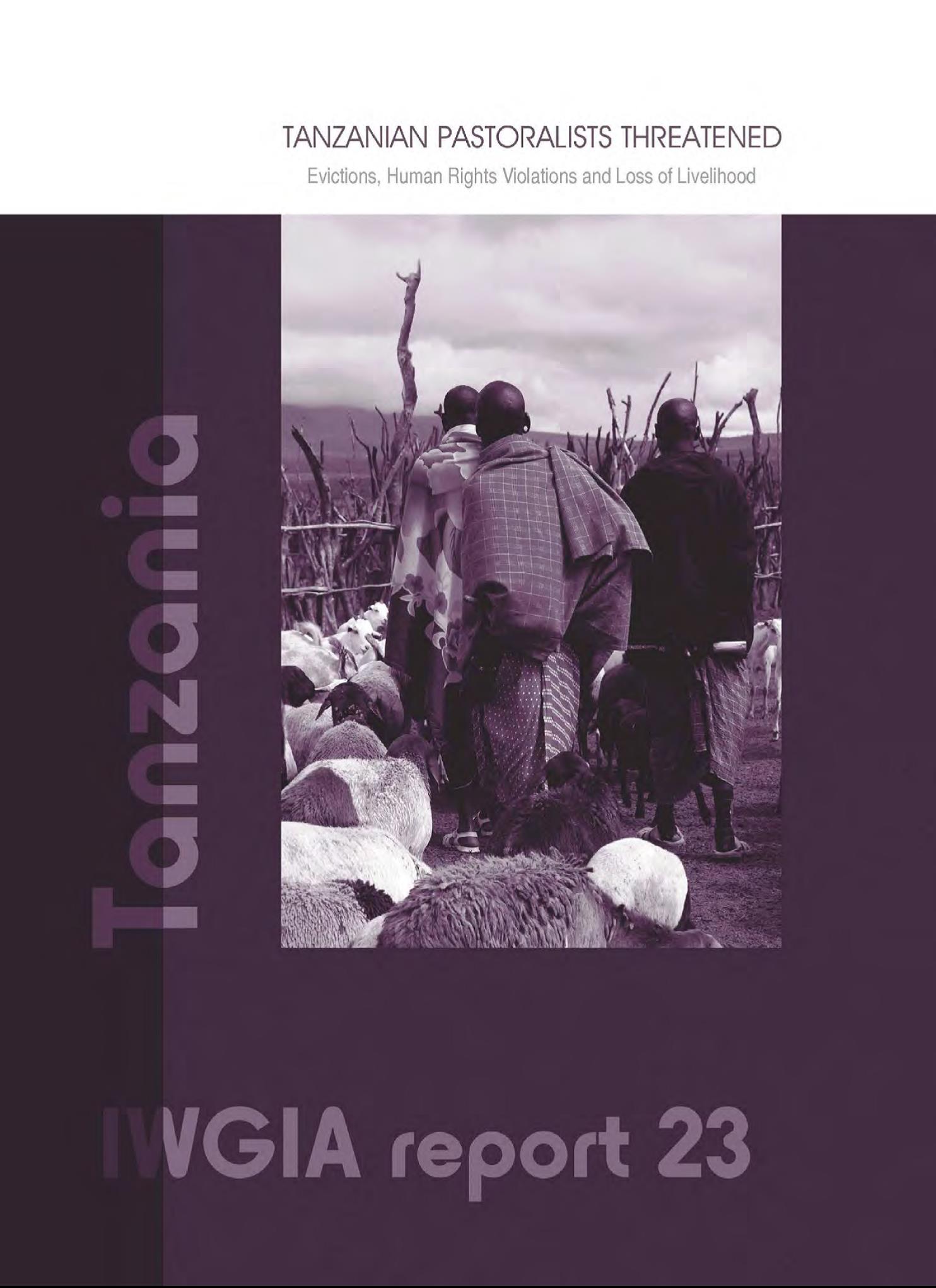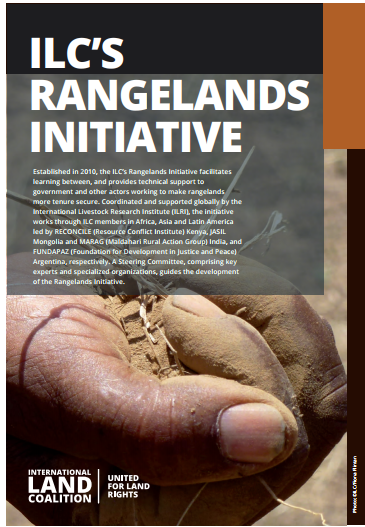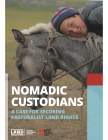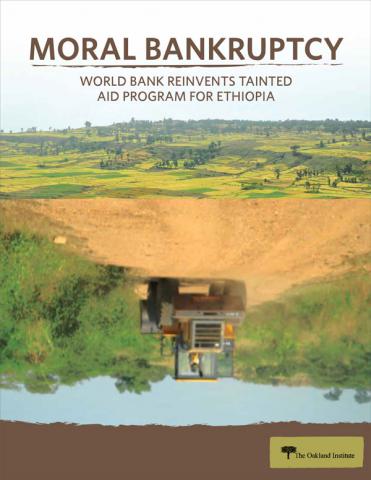Securing pastoralists’ land tenure rights
Formal land titles are rare in pastoral communities around the world. In the past, this presented hardly any problems, since pastoral land was seen as of little use by most outsiders. But with growing competition for areas legal uncertainty is becoming an increasing threat to the livelihoods of pastoralists.


